World Health Day 2017: Top 10 Dieting Myths Busted

We have all, at least once in our lives, gone on a diet. Haven’t we? Let’s face it, the road to weight-loss and sustaining that all important ratio of calories consumed to calories burnt is tough. What makes it tougher is that with all the dieting information out there, it is hard to separate myth from fact. Rest easy because that’s exactly what we are going to do for you, Shubi Husain, a famous Food & Nutrition Expert has busted down the popular dieting myths that are causing you to pack on pounds.
Here are the top 10 dieting myths that might be keeping you from achieving your fitness goals.
#Myth1: All Carbs Are Bad For You
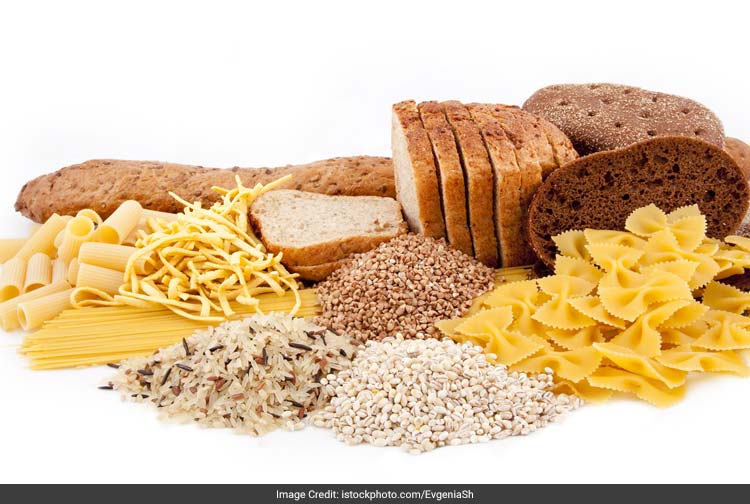
You seriously need to stop believing this diet myth. It is crucial to understand the difference between good and bad carbs. A lot of us may have a friend who’s always on a low-carbohydrate diet and he/she might be losing kilo after kilo. But, the fact is that in the long term, those diets are doing more harm to your body than good. Low-carb diets almost always restrict calories as a result of which you lose weight. So think before you cut down carbs from your diet.
Carbohydrates are of two types – simple and complex. The key is to know what you should be including while you are planning to lose weight. Simple carbs (refined flour) are found in foods like cookies and candy, and lacks vitamins, minerals, and fiber. These are the carbs to ditch. Whereas, complex carbs like whole-wheat bread, beans, and fruits, actually have lots of nutrients that are actually good for your body. So, you should include them in your diet.
Also Read: Managing Weight Not About Giving Up Food: Deepika Padukone
#Myth2: Low Fat And Fat-Free Foods Are Low In Calories

If you are trying to lose weight, the first thing you should do is to ditch processed ‘diet food.’ Diet food is ‘fake’ food. Producers use all kinds of food-processing chemicals that trick you into thinking that you just ate a packet of chips that is healthy. Actually, all you really ate is artificial fried potato, full of carbs and very high levels of salt.
A lot of low-fat foods actually add additional bad things to your body like carbs, sugar, that will have the same or more amount of calories than the full-fat version of the product.
Also Read: The Myth Of ‘Low Fat’ Food
Quick Tip: Always check the calories of foods you are eating. By following this rule, you will always be mindful of what you eat.
#Myth3: Skipping Breakfast Makes You Gain Weight

Breakfast is touted as ‘the important’ meal of the day and eating breakfast is recommended to people who are trying to lose weight. It is true that eating breakfast can help you manage your hunger pangs later in the day but that does not mean that if you skip it then you will gain weight. Till date, there is no scientific research confirming a direct cause-and-effect relationship between skipping breakfast and gaining weight.
#Myth4: Late Night Eating Will Make You Fat

Many of us still believe in the theory that you burn up the food you eat in the first half of the day, while late-night calories sit in your system and turn into fat. The reality is that calories cannot tell the time. The calories may take time to burn themselves as there is a very little activity or body movement happening at night. But, it is certainly not turning into fat.
Quick Tip: No need to skip salt after 7-8 pm. You can enjoy your meal at your own convenience. The strategy is to not immediately go to sleep after having dinner. Also, avoid having high-calorie treats at dinner.
Also Read: Eat Wise, Drop A Size: 10 Healthy Food Habits To Lose Weight
#Myth5: Fasting Can Help You Lose Weight Quickly
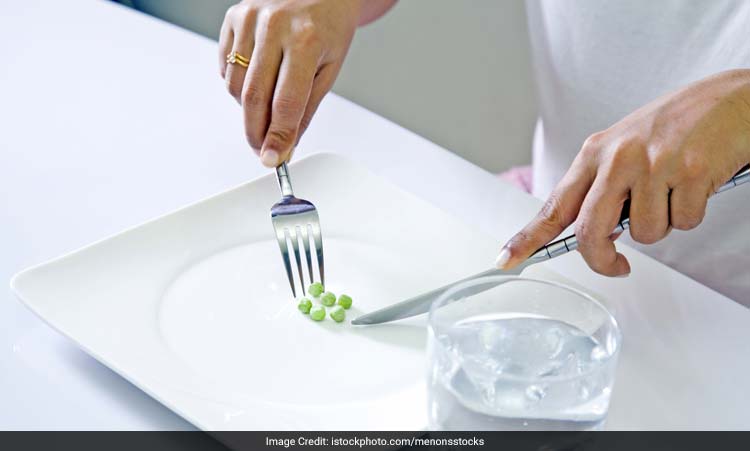
Let’s just face it, there is no short cut to weight loss. Daily fasting is not healthy at all, as you remain hungry all day long and end up having one huge meal that replaces all the calories you skipped earlier. Research shows that people who fast or eat less lose more muscle than fat which is not good.
One needs to understand the fact that the body needs three nutrients to thrive – protein, carbohydrates, and fats. Good-for-you fats are actually important for your body, so don’t ditch foods like nuts, seeds, fish, avocado, olives, and dairy. These foods help rebuild cells and produce needed hormones in your body. However, the fats you should actually avoid are saturated and trans fats, that are found in foods like vegetable oils, high-fat dairy, red meat, and many processed foods.
Also Read: Not All Fats Are Bad! Learn To Tell The Good Fats From The Bad
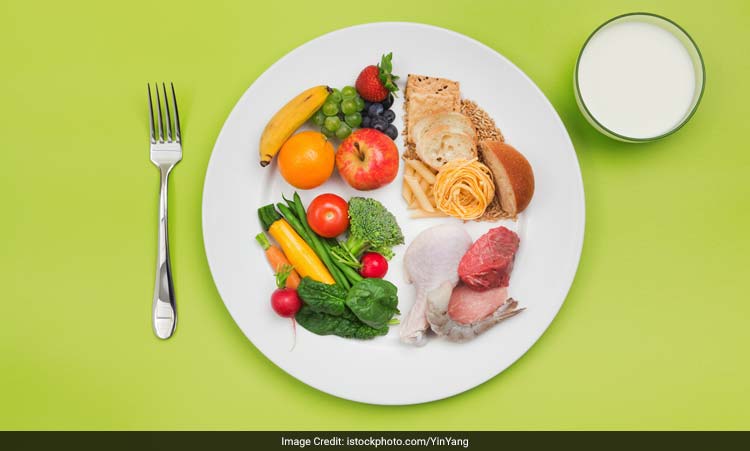
So, choose your food wisely!
#Myth6: Eating Specific Foods Burn Fat
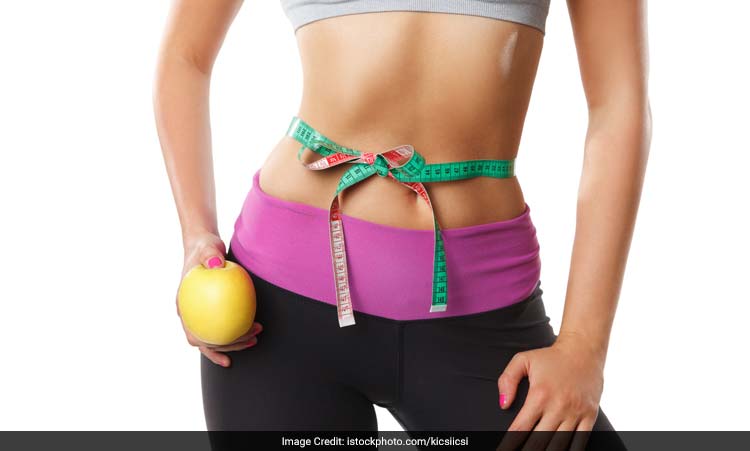
The fact is that there is no food that can help you burn fat. Certain food with caffeine may boost up your metabolism for a short time, but they do not lead to weight loss. One should eat a balanced diet and exercise daily in order to lose weight effectively.
#Myth7: Dairy Products Are Fattening And Unhealthy

Don’t ever ditch the whites! Dairy products like milk, cheese and yoghurt are actually packed with many essential nutrients that help you to stay healthy and fit. Opt for low-fat Greek yogurt which is packed with high protein compared to the conventional yogurt. The common myth that many fitness fanatics have is that if they switch to low-fat dairy products then they will get less calcium. The fact is that skimmed and semi-skimmed milk actually contain slightly more calcium than full-fat milk.
#Myth8: Margarine Is Healthier And Lower In Fat Than Butter

Margarine is often hailed as a healthy alternative to butter, but that is not always a good choice. Ordinary margarine contains just as much fat and as many calories as butter and offers no real slimming benefits. In fact, it may also contain hydrogenated vegetable oils, which gets converted later into trans fats –which is proven to be harmful to your heart health.
#Myth9: Dieting Is Enough, You Don’t Need To Exercise

Anyone who is trying to lose weight should follow this thumb rule – weight loss is 70% dieting and 30% exercising. Skipping any part will not help you achieve your targets. By incorporating exercise into our daily regime, you immediately make weight loss more attainable. Additionally, exercising has many health benefits, like promoting heart health and lowering blood pressure to name a few.
#Myth10: High-Protein Diets Are A Healthy Way To Lose Weight
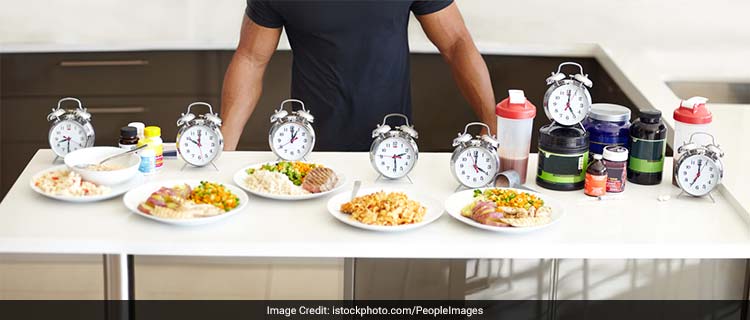
When you increase the consumption of protein in your diet, you may lose weight initially as protein foods enhance the feeling of fullness. However, for the long run, it is not advisable, as you will be depriving your body from getting necessary and good-for-you nutrients that is found in carbs and fats.
Getting most of your daily calories from high-protein foods like meat, eggs, and cheese is not considered a balanced eating plan. You may end up eating too much fat and cholesterol, which is another reason for heart diseases. During high-protein diets you may also restrict yourself from eating fruits, vegetables, and whole grains. This may lead to constipation due to lack of dietary fiber and cause a lack of essential vitamins and minerals deficit in your body.

About The Expert: Shubi Husain
A renowned & highly respected personality in the Health, Fitness & Lifestyle industry, Shubi Husain is a famous Food & Nutrition Expert, well known as a Nutritionist & Lifestyle Celebrity across Asia.






Systematic, and carefully regulated fasting can be healthy. Fasting reduces IGF-1 – reduces risk of developing cancer, and slows down internal aging. On the other hand, a protein rich diet can accelerate aging and increase risk of cancer. Of course, any fasting needs to be done after consult with a physician who is progressive in his professional outlook, and is current with the medical literature on fasting.